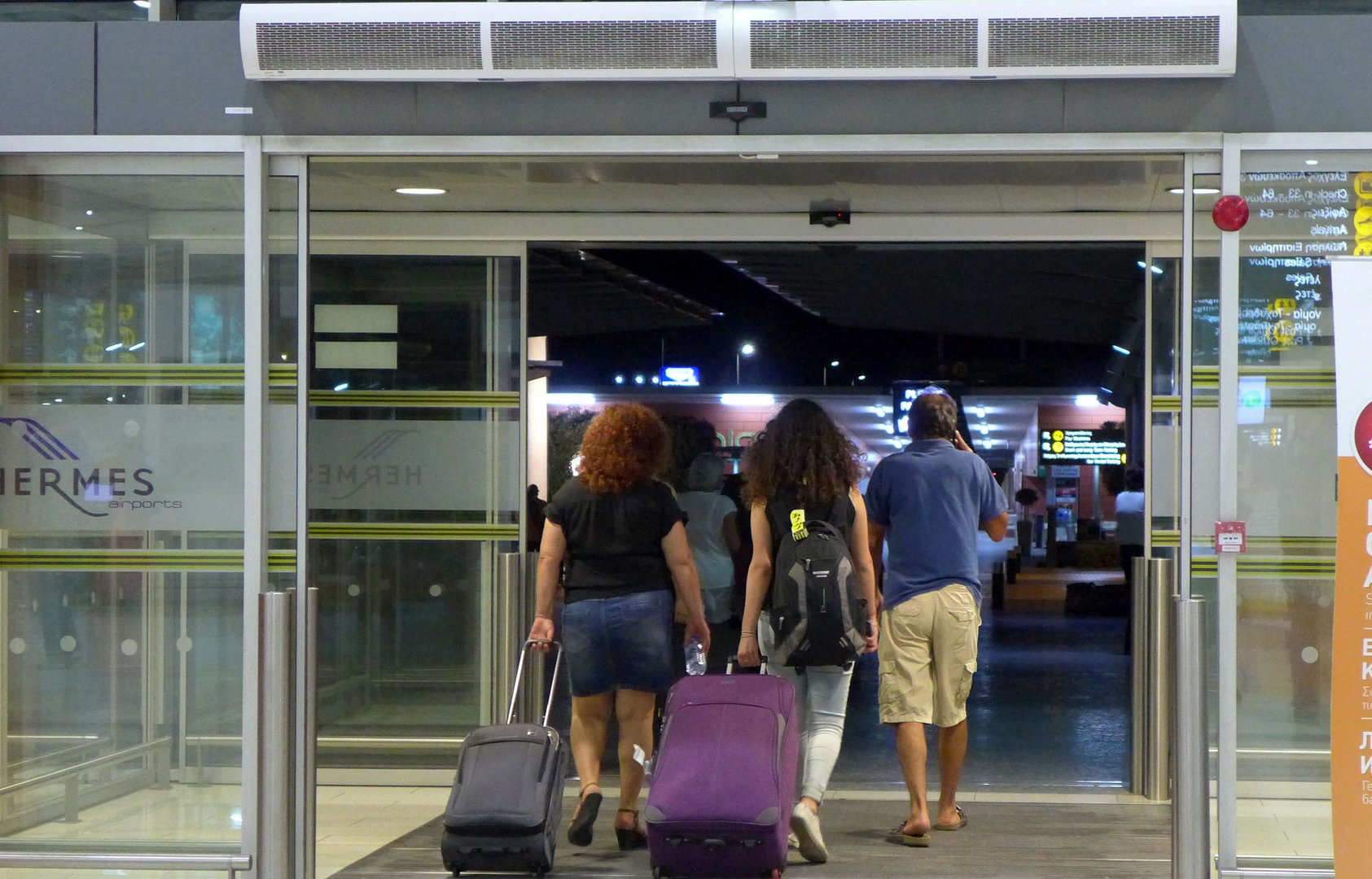Cyprus’ economy may be resilient enough to withstand the fallout from the conflict between Israel and Hamas, however the island may also be classed as a danger zone if the situation escalates into a broader war, economists cautioned on Monday.
Nonetheless, they also warned it was too soon to tell two days into the conflict, and it was best to see how the situation would unfold.
“The big question is how long the conflict will last before we can make any assessments over the economic impact,” former chairman of the Cyprus securities and exchange commission (Cysec) and economist Marios Clerides told the Cyprus News Agency (CNA).
“The consequences (to the economy) will depend on how soon or how late the war will end and if there are other geopolitical consequences in the surrounding area.”
He added tourism would certainly be affected due to the large number of Israeli tourists that holiday in Cyprus. “The situation in Israel will definitely affect their travels.”
Clerides nonetheless specified that “Cyprus’ economy shows resilience.”
Long-term, should the conflict continue, then geopolitical projects that Cyprus is involved in such as the EuroAsia Interconnector between Israel, Cyprus and Greece, may have some kind of impact.
Chairman of the Hoteliers Association (Pasyxe) Thanos Michaelides expressed concern over the situation in Israel, underling the country’s significance “as the second most important market for Cyprus”.
In statements to CNA, Michaelides said that Israel represents a crucial market for Cyprus, and the recent developments have raised concerns within Pasyxe.
He added that the association is strongly against the terrorist acts that have affected the people of Israel and expressed sorrow over the recent developments, expressing hope that the entire situation will come to a peaceful resolution.
Furthermore, Michaelides added that the attacks in Israel represent a humanitarian tragedy unfolding in a neighbouring country.
“Our main concern is for the war to stop,” he said. “What we are seeing is tragic.”
Responding to a question about the impact on hotel reservations, Michaelides mentioned that after the start of hostilities, some visitors departed more quickly, while others extended their stay in Cyprus by one or two days.
“Additionally, some individuals arrived in Cyprus for a short stay, hoping that the situation would calm down, and they could return to their homes,” he said.
Economist at the University of Cyprus Marios Christou told the CNA that two days into the conflict it’s difficult to reach any conclusions “but it’s possible in the long term this war will affect us”.
“We have to see the length of this, the extent of the problem and to what extent other countries such as Lebanon may become embroiled.”
Christou outlined the impact of the conflict on Cyprus could be split into two categories. The first lies in the broader consequences to the global economy such as the petrol price spike observed on Monday morning.
He added the fact that Cyprus neighbours Israel has positive consequences now, as many Europeans living in Israel are likely to move to Cyprus for safety until the situation clears up.
“We have seen Israelis coming to Cyprus and airlines that fly to Cyprus come to Cyprus to drop off their passengers.”
The conflict could also mean Israeli companies moving to Cyprus, however “if the war expands, we may also become a danger zone and consequently, this could impact our tourism.”







Click here to change your cookie preferences